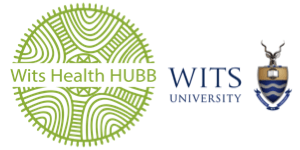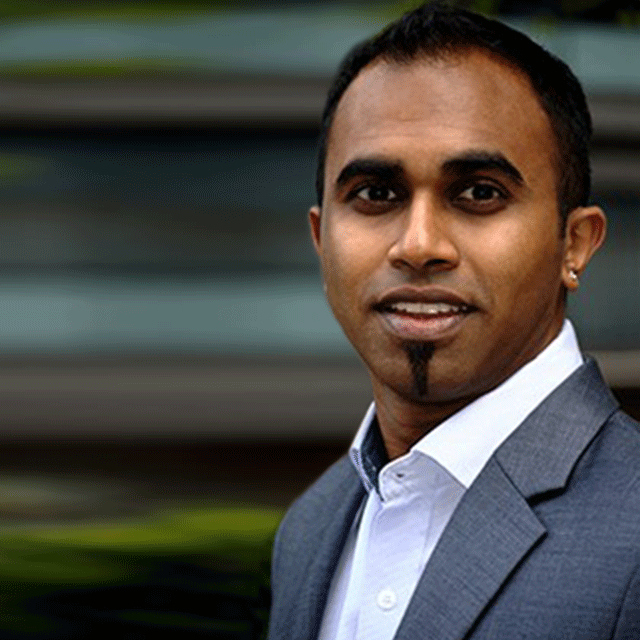ABOUT US
Help -
Understand -
Behave -
Become
YOUTH TRAINING - COMMUNITY HEALTH CARE - HEALTH & WELLNESS RESOURCES
OUR VISION, MISSION & OBJECTIVES
Help - Understand - Behave - Become
Developing health advocacy to activate youth as agents of change for a healthier tomorrow.
To create economic opportunity, empowering youth professionally and personally, to build healthier communities.
To provide meaningful professional work experience, training and qualification in the healthcare space for formerly unemployed youth.
To activate health consciousness and personal wellbeing amongst youth health advocates through meaningful work, health assessment and psychosocial support.
To expand community access to healthcare through collaboration.
Help, Understand, Behave, Become
Why the Wits Health HUBB?
The Wits Health HUBB was founded in 2020 by University of the Witwatersrand researchers Dr Del Naidoo, Dr Lisa Ware and Mr Lethu Kapueja. Their passion for youth health and in particular, their experience in working with youth in Soweto on various community health research projects drew their attention to the reality that health and poverty are inseparable. The research conducted with young people and families in Soweto over the last 30 years through the MRC/Wits Developmental Pathways to Health Research Unit (DPHRU) showed that young people typically do not engage with health as economic challenges are more pressing.
South Africa has an unacceptable burden of chronic disease multi-morbidity amongst adults. This is linked to poor healthcare access, poor access to information on how to prevent and manage these conditions and poor health behaviour. At the same time youth unemployment is at 59% creating unbearable stress, destructive health behaviour and an increasing burden of chronic illnesses amongst the youth.
Who are Our Beneficiaries?
With the aim to train up to 200 health advocates as community health workers each year, the National Department of Health is also a clear beneficiary because of the sheer scale of the intervention in the local community and because of the high quality trainees we will produce.
Our intervention & delivery model
- Wits Health HUBB engages youth who are not in education, employment or training (NEET) from the local area and provides psychosocial support during formal accredited training in community healthcare along with a range of skills for health research and career development.
- Youth are supervised and supported to conduct community health screening, to work in health promotion, and to engage in health research through leveraging research funding. Such activities could encompass all areas of health for example, the effects of pollution, climate change, transport, food insecurity, crime and violence.
- Further support is given for developing innovation and creating health entrepreneurs.
- Throughout and following the programme, youth are monitored to determine the impact of the WHH programme on their career, health and economic development. Where applicable, pipelines are created for youth into tertiary education.
- Tertiary education healthcare students (medicine, dentistry, clinical associates, nursing, and physiotherapy) spend time in the community at a Wits training clinic offering low-cost provision of services to the community.
- Revenue raised from the training clinic, as well as donations from corporate partners and, where applicable, income generated from health screening or health promotion activities (such as workplace wellness days) supports the cost of training NEET youth and engaging them as advocates for the future of health within their community.
Impact 5 Year Plan
- We will train 800-1000 health advocates, to enhance economic opportunity for NEET youth, to expand community access to basic health services and to reach EVERY household in Soweto with basic health screening.
- We will create strong links with the local existing health infrastructure to increase capacity of existing health services and to bring healthcare professionals who are in training in closer contact with the communities they will serve.
- We will improve health literacy in the community, to help community members navigate health services and improve outcomes for conditions that typically have poor outcomes due to insufficient care and follow-up
- We will contribute to reduction of the number of fatal and non-fatal strokes occurring due to under-treated hypertension.
- We will work with schools and youth groups to help younger children understand health and what it means to be healthy and help them become agents of change for health in their local community.
Founding Directors
Staff Members
Mimi Mhlaba
Mimi Mhlaba
Operations Manager
Wits Health HUBB
Why
Soweto?
Overcrowding
Overcrowding – 1.3 million people (6,400 per km2)
Chronic diseases
High levels of chronic disease – often combined:
- HIV – one in five adults positive
- Diabetes – one in ten
- Hypertension – at least one third of all adults
Why youth
in Soweto?
Soweto Youth
- Are unemployed (53%)
- Poorly educated (56% without matric)
- Lack resource to find work
HIV prevalence
- Only group where HIV prevalence is not decreasing
- 2017 ~$470m US aid mostly to HIV/TB programmes
Depressive symptoms
One third showing depressive symptoms, associated with high levels of:
- Substance abuse
- Incarceration
- Personal violence
- Pregnancy
Learn more about us
Become A Partner
We value all interests for partnering with entities the see value in increasing the number of young people who are skilled workers in the health sector and supporting access to health service delivery.




